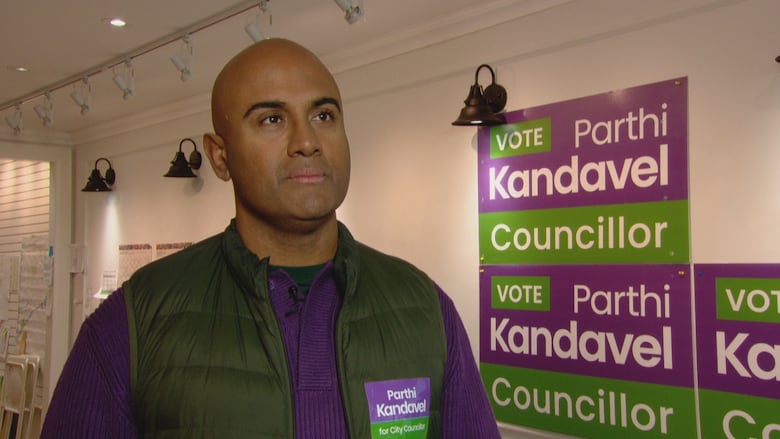Summer programs could help with youth violence: councillor
Youth advocate says more employment opportunities badly needed

As the city grapples with shocking acts of alleged youth violence, one Scarborough councillor wants to increase the use of school buildings to boost recreational programming that could help prevent crime.
A letter from the city-school boards advisory committee is going to the July 16 executive committee meeting asking it to direct city staff to boost violence prevention opportunities while young people are out of school.
It comes as multiple teenagers face murder charges in the GTA.
A 14-year-old was charged with first-degree murder in an Etobicoke mass shooting in June, another 14-year-old was charged with first-degree murder in a North York shooting in July and, on Thursday, a 16-year-old and 17-year-old were charged with second-degree murder in a Parkdale shooting.
"Schools have existing infrastructure that we can animate and activate during the summer," said Parthi Kandavel, who represents Scarborough Southwest and is the chair of the committee.
"My hope is that we're able to create a longer-term path [so] that we can activate schools as community hubs to deliver programs."
Kandavel said kids in the city are looking for belonging, and in the absence of alternative programming they are finding it with groups that are bad influences. At a recent update on gun violence in the city, Toronto police's Deputy Chief Robert Johnson said police are seeing younger people involved in crimes.
"[Gangs are] recruiting and engaging kids," Johnson said. "The composition of those gangs is getting younger and younger."
According to Toronto police statistics, between Jan. 1 and July 7, 2022 there were 41 youths charged with firearms offences. During the same date range in 2024, the number more than doubled to 107.
Kandavel said he wants staff to look at what can realistically be done to increase programming this summer, while also ensuring that youth violence prevention is a priority long term.
The leader of the city's community safety plan, SafeTO, said work to identify opportunities for increased summer programming has been ongoing — as is community healing work in the wake of recent tragedies.
City looking for more opportunities
Scott Mckean, the city's associate director of violence prevention and SafeTO, said increasing the use of school spaces for summer youth programming is something his team is working on.
"We're trying to build the relationship between community supports and the school boards so that there's a crossover of sorts," he said.
"Resident groups and service providers have been accessing [Toronto District School Board] space because of partnerships, and there's opportunity for further growth."
Mckean said his team is actively working with communities impacted by violence to see what kind of programming they need.
Summer is a particularly critical time for kids because schools aren't there to support them, said Lin Fang, the Factor-Inwentash chair in children's mental health at the University of Toronto..
When it comes to effective programming, she said it's not just about providing youth with space, but making sure it's used properly.
"If you only give kids the court without any supervision, that may not be the most useful in terms of youth violence prevention," she said. "But if they also have responsible youth leaders or adults around there to be with them, I think that would be actually making the best use of the space."
Mckean said the city has a list of youth outreach workers whose contact information can be found online. The workers can help people find jobs or volunteer opportunities, as well as programming, he said.
Prioritize summer employment help: youth group
In the wake of this year's violence, the city's official youth advisory body, the Toronto Youth Cabinet, has been calling for more programming.
"This [item] that's coming forward is encouraging, but it's not going to be encouraging without tangible action attached to it, without dealing with the key issues which we're facing, which is the lack of opportunity," said Stephen Mensah, the cabinet's executive director.

The reality is that many young people need to work to support themselves and their families, Mensah said, and this summer he's hearing that many are applying and hearing nothing back.
"They need employment, they need money, but not just because of themselves. They need to take care of their parents who are facing poverty as well," he said.
"The best antidote to crime is a good job."
While the city has programs to support youth employment, Mckean said the economy is a factor. Canada's youth unemployment rate hit its highest level in nearly a decade earlier this year, Statistics Canada recently reported.
Corrections
- This story has been edited to reflect the fact that the item coming before the executive committee is not technically a motion.Jul 15, 2024 2:37 PM EDT


